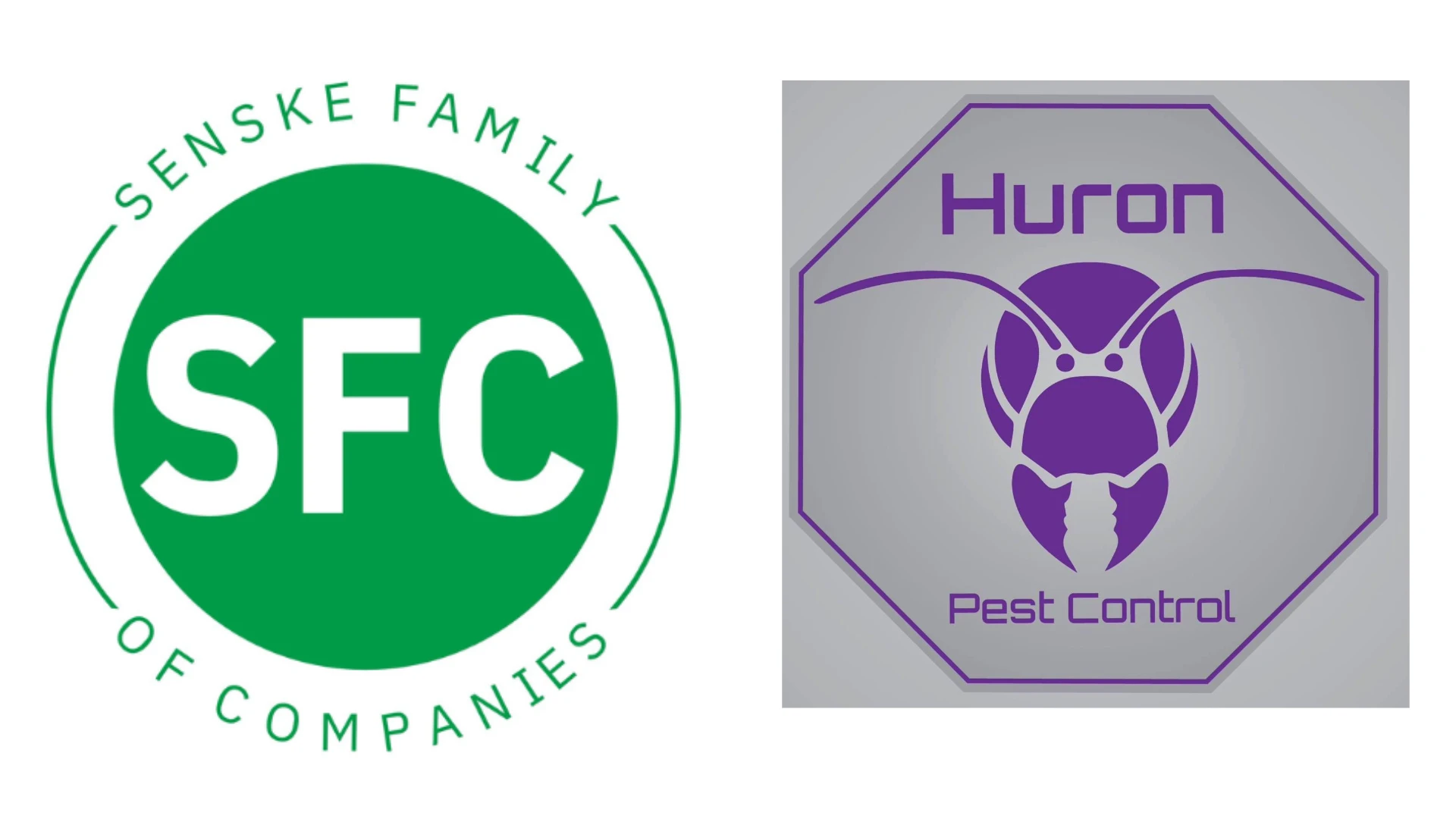Encounter No. 1 — On a recent Friday afternoon, my wife received a phone call. A church friend frantically explained that she had found a spider in her new town home. In fact, she was planning to move in the next day. A Cook’s Pest Control professional had identified the “one” spider as a brown recluse. She wanted to get in touch with me for reassurance about the degree of infestation and the effectiveness of the treatment. I was out of town, visiting a district office, and by the time I got home and returned her call, she said to “forget it.” I did temporarily; however, when I saw her on Sunday I asked her about the problem. She informed me that she’d decided to forego moving into the town home and was putting it back on the market. She didn’t want to move in to a house infested with dangerous spiders.
Encounter No. 2 — The following week, I was driving to Atlanta. At 9 p.m. I received an alarming phone call from my wife. She had just seen a mouse running across the kitchen floor (we live next to a wildlife refuge) and she asked what was I going to do about it? She informed me that she was headed for a hotel because she didn’t want to spend the night with a mouse in the house. As often happens when I get in trouble, I called my Cook’s colleague Larry Akin who lives just around the corner. Larry saved me. By 9:30 p.m., he had placed several glueboards in the kitchen and offered reassurance based on his experience: the mouse was more than likely a small one and solitary at this time. That bought me eight hours; however, at 6 a.m., the next day, I received another call from home. The glueboards had worked and a mouse was entombed on the floor. Though I was 200 miles from home, I was asked, “What are you going to do?” Again, when in trouble, I relied on someone else. I phoned the Decatur (Alabama) office. By 8 a.m., service technician John Travers arrived, took care of the mouse and everything was fine.
WHAT’S GOING ON? Selling a home because of one spider. Going to a hotel because of one mouse. Overreaction? It may be to you; however, it wasn’t for our friend or my wife. And I’d bet that the longer you’ve worked in the pest control industry, the more likely you are to view this as an overreaction. That’s because you’ve become so familiar with the business, you’ve forgotten what it was like to be scared by something you didn’t know much about.
At Cook’s Pest Control, we tend to forget the seriousness of our work. I’ve written about this before; it’s called “the curse of knowledge.” We understand pest infestations but many believe that every brown recluse spider bite results in extreme disfiguration, that your entire home is unsanitary and contaminated by one mouse (following the mouse incident, most of the food in our house was thrown away before I got home) or that termites can consume an entire structure in a matter of hours. The “curse” results in complacency and lack of excitement on our part, making it hard to communicate effectively with those who need our service.
From these two examples, I’m reminded that customers take our business very seriously. How should we respond?
Remember, we suffer from the “curse.” Don’t lose your excitement concerning the importance of our work and the industry. As John Cook, owner of Cook’s Pest Control, says, “Some professions protect health and some protect property. Our people need to be proud of the fact they protect both.” Preventing or solving a pest problem may be the customer’s No. 1 life concern at the moment you communicate. Try to think like a new customer and remember how you felt about pests before you started your career.
Keep an attitude of “I’m here to help” instead of “I’m here to sell something” or “I’m here to run this stop.” You’ll be much more successful.
In sales, office leads represent people with problems. Since the problem is probably the person’s No. 1 concern at the moment, respond on the same day, ASAP.
This is an emotional business. When communicating, offer reassurance and factual information based on your company’s training. Always conduct yourself in a professional manner and never take advantage of a customer.
Understand why customers get upset. It’s because they are scared, frightened or feel threatened. They’re not crazy. In many cases they are just misinformed. Though misinformed, the problem is reality to them.
GET EXCITED. Pest control is serious business and you offer a solution that is extremely important to health, property and peace of mind. Don’t let experience dampen your excitement or tarnish the importance of your work. Do you need to “Treat the customer like you would like to be treated?” Or should we say, “Treat the customer the way you would like to have been treated when you were more excited about your work”?
The author is vice president of sales and service for Cook’s Pest Control, Decatur, Ala.

Explore the April 2008 Issue
Check out more from this issue and find your next story to read.
Latest from Pest Control Technology
- Webinar: Employee Incentives — Going Beyond the Annual Raise
- Pest Control Companies Helping Neighbors in Need Eradicate Bed Bugs
- Why Does Marketing Feel So Opaque?
- How Did This Pest Get Its Name?
- Rose Pest Solutions Honors Top Performers with Annual Chief’s Club Awards
- Doug Foster on Termite Control Equipment, Resources
- Pest Control Consultants Acquires EcoGuard Pest Control
- Pest Index Increased 9 Percent YOY in February





